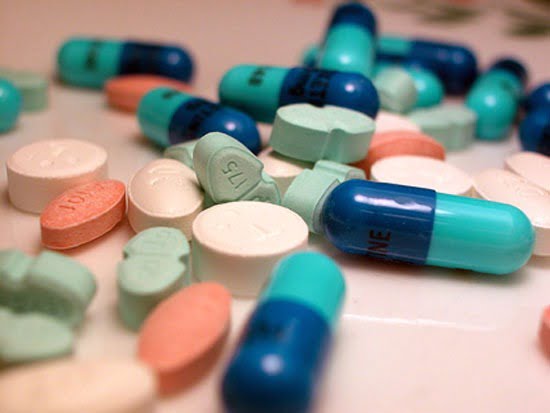
Pharmaceutical companies chase “rare diseases”: they make crazy profits from the drugs for these cases.
When a disease affects up to 5 people per 100,000, it is considered rare. In order to provide incentives for pharmaceutical companies to conduct research and develop drugs for these rare diseases that do not have a large market, governments grant patent rights of at least a decade for them. These are the so-called “orphan drugs”.
A survey of pharmacoeconomists from England and the USA of 86 such companies, which control nearly 200 “orphan drugs,” showed that because they have such patents and a virtual monopoly, the companies are hiking the prices of their medicines—which are covered by insurance funds—to astronomical levels. The drug Kalydeco for cystic fibrosis, for example, involves an outlay of £14,000 a month per person for the treatment regimen. The ten most expensive drugs in the world are all “orphans,” with the priciest costing £340,000 a month.
How will this party be controlled? Among the proposals of these specific researchers, the idea stands out to enhance the involvement of non-commercial structures in the relevant research, as well as the adoption of a creative commons-style patenting tactic.
However, pharmaceutical companies (the bigger they are, the more so) are poisonous and raw armies. They are by no means easy to confront with only idealists and well-meaning people; they must be exposed publicly and continuously to make their blackmail more difficult.
